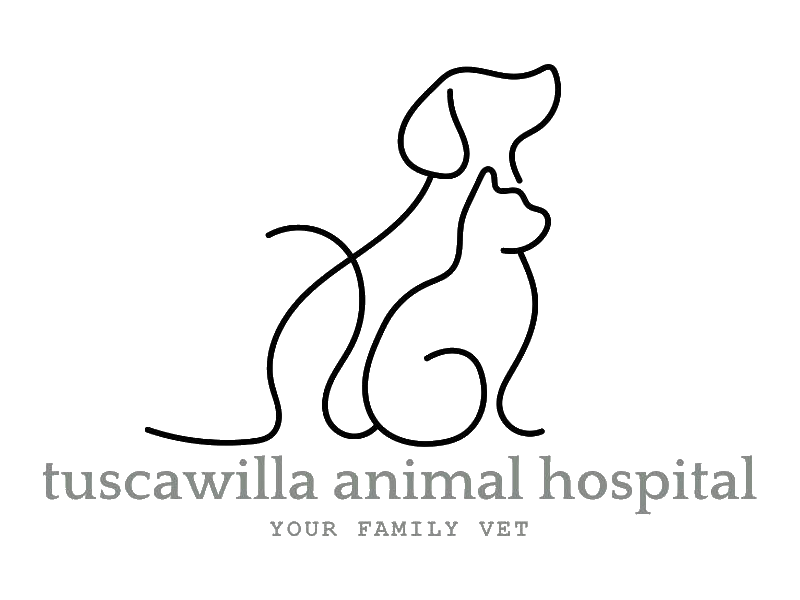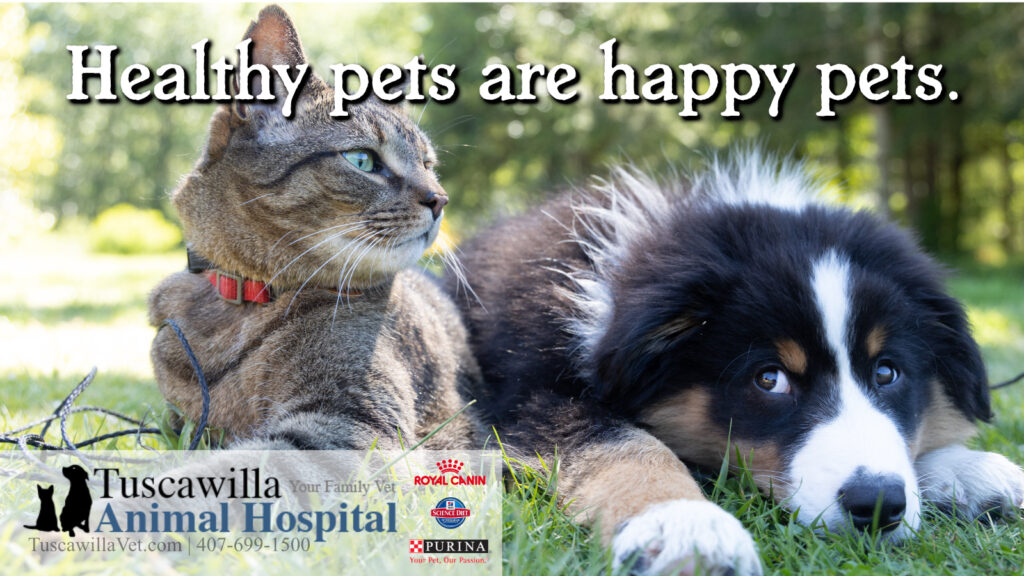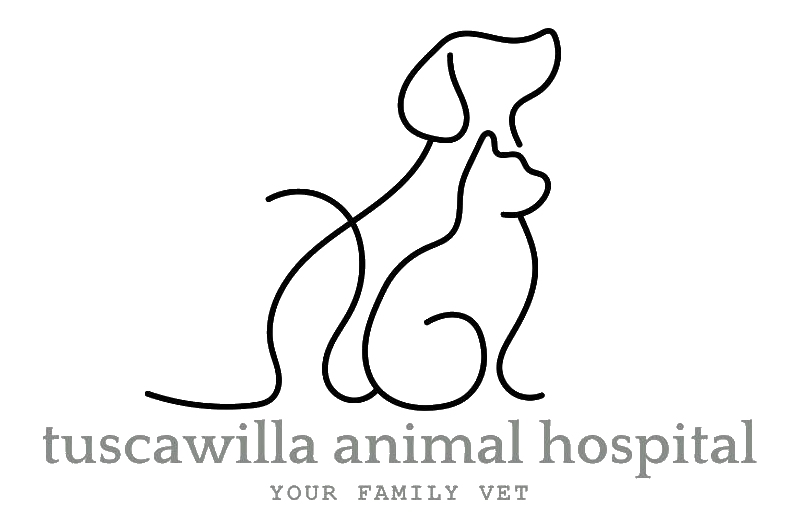What are the essential vaccinations for a puppy or kitten?
What are the essential vaccinations for a puppy or kitten? – Thanks for reading this article. We want to ensure your new young furry companion lives a healthy long life. Tuscawilla Animal Hospital which proudly serves Winter Springs, Casselberry, Oviedo, and the great Seminole County Florida area wants to share a simple way to help your new pet receive all the shots they need to get to have a happy healthy life.
Just like human babies, newborn cats, and dogs receive antibodies from their mothers. These proteins in the blood recognize and counteract various antigens (bacteria, viruses, and foreign substances), helping them stay well at this vulnerable stage.
Antibodies begin to deplete starting from about six weeks of age. Now begins the time for the puppy or kitten to start building its own immune system. Puppy and kitten vaccinations from San Marco Animal Hospital aid in boosting your pet’s ability to fight disease.
Remembering your pet’s vaccinations is super important. Giving preventative solutions is vital to maintaining the health, and well-being, of your pet. First off thank you for reading this blog article on this topic – “What vaccinations are essential to puppy and kitten health?”. We hope you find it useful and helpful.

Table of Contents
Puppies – What are the essential vaccinations for a puppy or kitten?
AVMA Recommended Core Puppy Vaccines Include:
- Rabies – required by state law and can be given as early as 12 weeks. We usually start puppies with a one-year dose, then go to a three-year booster.
- Distemper/Adenovirus/Parvo/Parainfluenza (DAPP)– is a combined vaccination for these three viruses. The initial vaccination can be given as early as six weeks of age, however, most vaccinations start at 8 weeks of age, which is when the maternal antibodies have completely left the puppy’s immune system.
- DAPP vaccinations require a booster (or repeated vaccine) every 3 weeks until your puppy reaches between 16-19 weeks. Once your puppy receives its final dose at 16-19 weeks, yearly or 3-year boosters are recommended, based on the lifestyle of the pet.
- More non-core vaccinations that might be beneficial based on your puppy’s lifestyle include K9 Influenza, Bordetella bronchiseptica (kennel cough), Lyme, and/or leptospirosis.
Kittens – What are the essential vaccinations for a puppy or kitten?
AVMA Recommended Core Kitten Vaccines Include:
- Rabies – required by state law and can be given as early as 12 weeks. We usually start kittens with a one-year dose, then go to a three-year booster.
- Feline rhinotracheitis, calicivirus, and panleukopenia (FVRCP): is a combined vaccination for these three viruses. The initial vaccination can be given as early as six weeks of age, however, most vaccinations start at 8 weeks of age, which is when the maternal antibodies have completely left the kitten’s immune system.
- Rhinotracheitis (feline herpesvirus) – a contagious virus that attacks the upper respiratory system.
- Calicivirus – This respiratory virus comes with joint pain, mouth ulcers, fever, and anorexia.
- Panleukopenia (feline distemper) – a very contagious virus that attacks the kitten’s immune system and intestines. This virus is very serious and a common cause of death in kittens.
- Non-core vaccines that the conscientious pet owner may want to consider the feline leukemia virus vaccination for their kittens based on lifestyle.
Tailored Treatments | What are the essential vaccinations for a puppy or kitten?
We weigh many factors in designing a vaccination plan that protects your pet and poses no unnecessary risk. Things such as the pet’s age at the time of vaccination, existing medical and physical conditions, presence of other animals in the household, and exposure to disease all play an important role.
When is it safe to introduce my unvaccinated puppy to vaccinated dogs?
Puppies shouldn’t go out into public around other dogs until they’re fully vaccinated, but they should be socialized as early as possible. To start the socialization process, bring your puppy around friends or family members who have dogs that are vaccinated and are not currently sick. Be careful, not all dogs may not look as sick as they actually are.
Therefore, we recommend asking if the pet owner has been dealing with sneezing, coughing, vomiting, or diarrhea in the past 7 to 10 days. If so, we recommend waiting to make an introduction to those dogs. Once fully vaccinated, your pup can start to go outside, into public places like pet stores, and interact with stranger dogs. The goal is to provide your puppy with as many positive social interactions as possible.

Tips for Keeping Your Puppy Protected | What are the essential vaccinations for a puppy or kitten?
- Consult your veterinarian to determine which vaccines your puppy needs and get all vaccines they feel are necessary.
- Discuss how many vaccines are safe to give your puppy at one time. The more vaccines given at once, the higher the risk of a vaccine reaction, especially in small-breed dogs.
- Avoid taking your puppy to public places, especially places frequented by dogs. This includes dog parks and pet stores.
- Carry your puppy in and out of veterinary hospitals. While every precaution is taken by the vet staff to protect your puppy, it’s possible a sick dog walked through the parking lot or contaminated an area that the staff has not yet had the opportunity to disinfect.
- Don’t let your puppy interact with dogs that have an unknown vaccination history.
- Avoid letting your puppy sniff animal feces outside.
- Make sure all dogs in your household are up-to-date on vaccines.
- Allow your puppy to have access to a fenced-in yard.
- Let your neighbors know that you have a new puppy that is not fully vaccinated.
How do you keep an unvaccinated kitten safe? | What are the essential vaccinations for a puppy or kitten?
We recommend keeping your kitten indoors until fully vaccinated to prevent contact with infected cats. If you have another cat, you should ensure that their vaccinations are current. There is also a vaccination that protects against feline immunodeficiency virus (FIV). Your unvaccinated kitten could be around a healthy vaccinated cat but it may be wise to err on the side of caution. We often recommend keeping your kitten inside the house and away from other cats outside of the household until a few weeks after their primary vaccination course.
Be mindful that if cats do not receive their shots during kittenhood, they will most likely contract feline calicivirus, rabies, feline distemper, feline viral rhinotracheitis, feline leukemia, chlamydia, and kennel cough.
If your cat/kitten is unvaccinated or has only had their first injection, keep them safe by following the guidance below:
- Keep them inside
- Do not allow them to meet any cats outside your home
- Wash your hands after going outside, especially if you have touched any other cats
Put your new best friend on the path to lifetime wellness by ensuring appropriate puppy and kitten vaccinations are given to your pet. Schedule a vaccination consultation appointment with one of our veterinarians today!
Thanks for reading this blog article on What are the essential vaccinations for a puppy or kitten?, this blog article was prepared by the Tuscawilla Animal Hospital.
The Tuscawilla Animal Hospital wrote this article to help you better understand the things you see and hear when our caring staff members are caring for your pet.
Follow us on Facebook now! Remember we love caring for your pet no matter what stage of life he or she is in. Again, thanks for reading this blog article from your friendly 5 Star Rated Vet.
